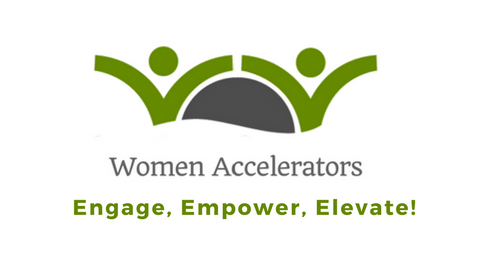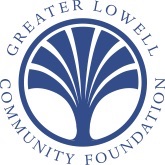Shared by Brandy Houser, PhD, de la Femme co-founder.
I thought that this was a great article to share:
Gender divide in physics spans globe
This article was originally published in the journal Nature 473 , 547-547 (2011) doi:10.1038/nj7348-547a
Virginia Gewin
Published online 25 May 2011
An international survey comparing the career experiences of 15,000 physicists from 130 developed and developing nations finds that women around the world experience a tilted playing field. Across the board, the study finds, men have greater access than women to opportunities and resources, and their careers suffer less when they have children.
The survey is the third global poll in a decade to address the experiences of female physicists, but is the first to include men. Global Survey of Physicists: A Collaborative Effort Illuminates the Situation of Women in Physics was produced by the American Institute of Physics (AIP) in College Park, Maryland, with funding from the Henry Luce Foundation in New York. Rachel Ivie, assistant director of the AIP’s Statistical Research Center and a report co-author, says that the data on men allowed her to compare experiences. “We knew things were unequal, but not this unequal,” she says.
 J. ENDICOTT/CORBIS
J. ENDICOTT/CORBISThe survey reveals few differences in the degree of gender inequality between developed and developing countries. Women consistently describe getting fewer international offers than men, less access to lab space and travel funds, and fewer invitations to speak and calls to serve on important committees. They also report that having children slows their careers to a greater degree.
Ivie says that two factors contribute to these problems. First, physics remains a male-dominated field, operating through an old boy network. “It’s not that senior people actively exclude women; they just don’t think of recommending them for key posts or inviting them to speak at conferences,” says Ivie.
Elizabeth Freeland, a physics postdoctoral researcher at the University of Illinois at Urbana-Champaign, agrees. “This is an unconscious bias — which makes it harder but not impossible to get past,” she says.
**Continue reading here: http://www.nature.com/naturejobs/science/articles/10.1038/nj7348-547a

